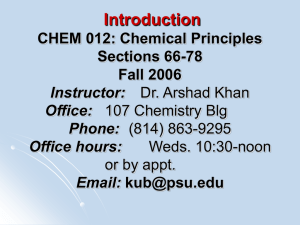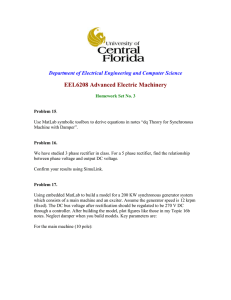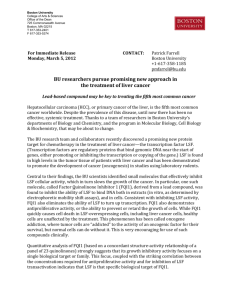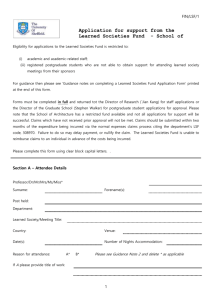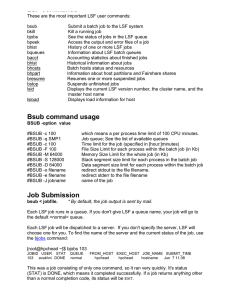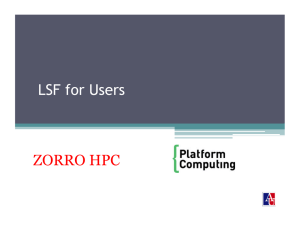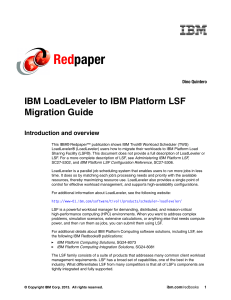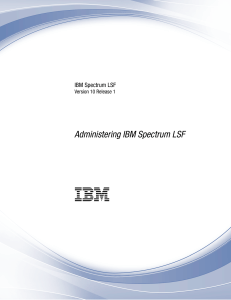The Need Support LSF
advertisement
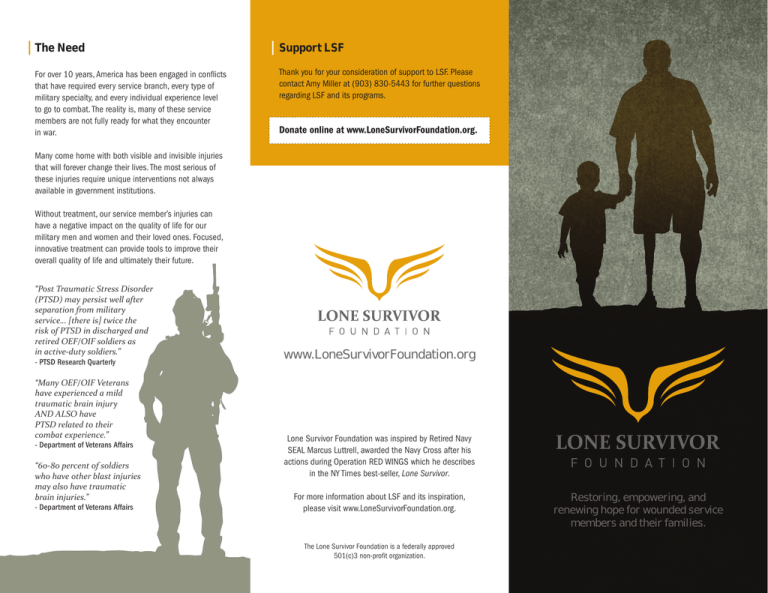
The Need Support LSF For over 10 years, America has been engaged in conflicts that have required every service branch, every type of military specialty, and every individual experience level to go to combat. The reality is, many of these service members are not fully ready for what they encounter in war. Thank you for your consideration of support to LSF. Please contact Amy Miller at (903) 830-5443 for further questions regarding LSF and its programs. Donate online at www.LoneSurvivorFoundation.org. Many come home with both visible and invisible injuries that will forever change their lives. The most serious of these injuries require unique interventions not always available in government institutions. Without treatment, our service member’s injuries can have a negative impact on the quality of life for our military men and women and their loved ones. Focused, innovative treatment can provide tools to improve their overall quality of life and ultimately their future. “Post Traumatic Stress Disorder (PTSD) may persist well after separation from military service… [there is] twice the risk of PTSD in discharged and retired OEF/OIF soldiers as in active-duty soldiers.” - PTSD Research Quarterly “Many OEF/OIF Veterans have experienced a mild traumatic brain injury AND ALSO have PTSD related to their combat experience.” - Department of Veterans Affairs “60-80 percent of soldiers who have other blast injuries may also have traumatic brain injuries.” - Department of Veterans Affairs www.LoneSurvivorFoundation.org Lone Survivor Foundation was inspired by Retired Navy SEAL Marcus Luttrell, awarded the Navy Cross after his actions during Operation RED WINGS which he describes in the NY Times best-seller, Lone Survivor. For more information about LSF and its inspiration, please visit www.LoneSurvivorFoundation.org. The Lone Survivor Foundation is a federally approved 501(c)3 non-profit organization. Restoring, empowering, and renewing hope for wounded service members and their families. Our Mission Our Vision The Ranch Vision The Lone Survivor Foundation (LSF) restores, empowers, and renews hope for our wounded warriors and their families using therapeutic support, health and wellness, inspiration, and nature, while emphasizing camaraderie, understanding, respect, and pride. The vision of the LSF is to provide exceptional therapeutic, outdoor, and unique opportunities that optimize recovery and healing of affected American wounded service members and their families. The vision includes developing a referral system to support the full spectrum of healing and transformation for the wounded service member and their family. One part of the LSF vision is to establish a ranch facility that will provide a center of excellence and will allow the LSF team to run short- and medium-term retreats tailored to the unique outdoor support LSF provides. The LSF team is actively seeking land donations, special lease options, or the eventual purchase of the ranch property depending on budget capabilities. LSF’s primary goal is to help wounded warriors and families now. Until the capital is raised to activate the ranch vision, LSF continues to host wellness retreats at various donated facilities. Funding The LSF team is focused on executing the best programs, while creating an environment of efficiency and accountability. Funding for LSF comes from a number of sources including individual donors, donor advice funds, and corporations. LSF REtrEAts LSF retreats are focused on wellness and therapeutic support for service members and their families. The goal is to take individuals and families out of their normal environment, open the mind and emotions, and provide tools for moving forward successfully. LSF retreats: Are geared toward similar injury profiles, and if deemed necessary, individuals and families are invited to experience multiple retreats to help them move past significant issues. Are currently five days in length and are held once a month. LSF is executing a generalized protocol that remains flexible to the specific group’s or individual’s needs. Provide participants with several benefits including relaxation, peer network development, understanding of the issues, understanding of various tools and resources, and a renewed outlook for their future.


